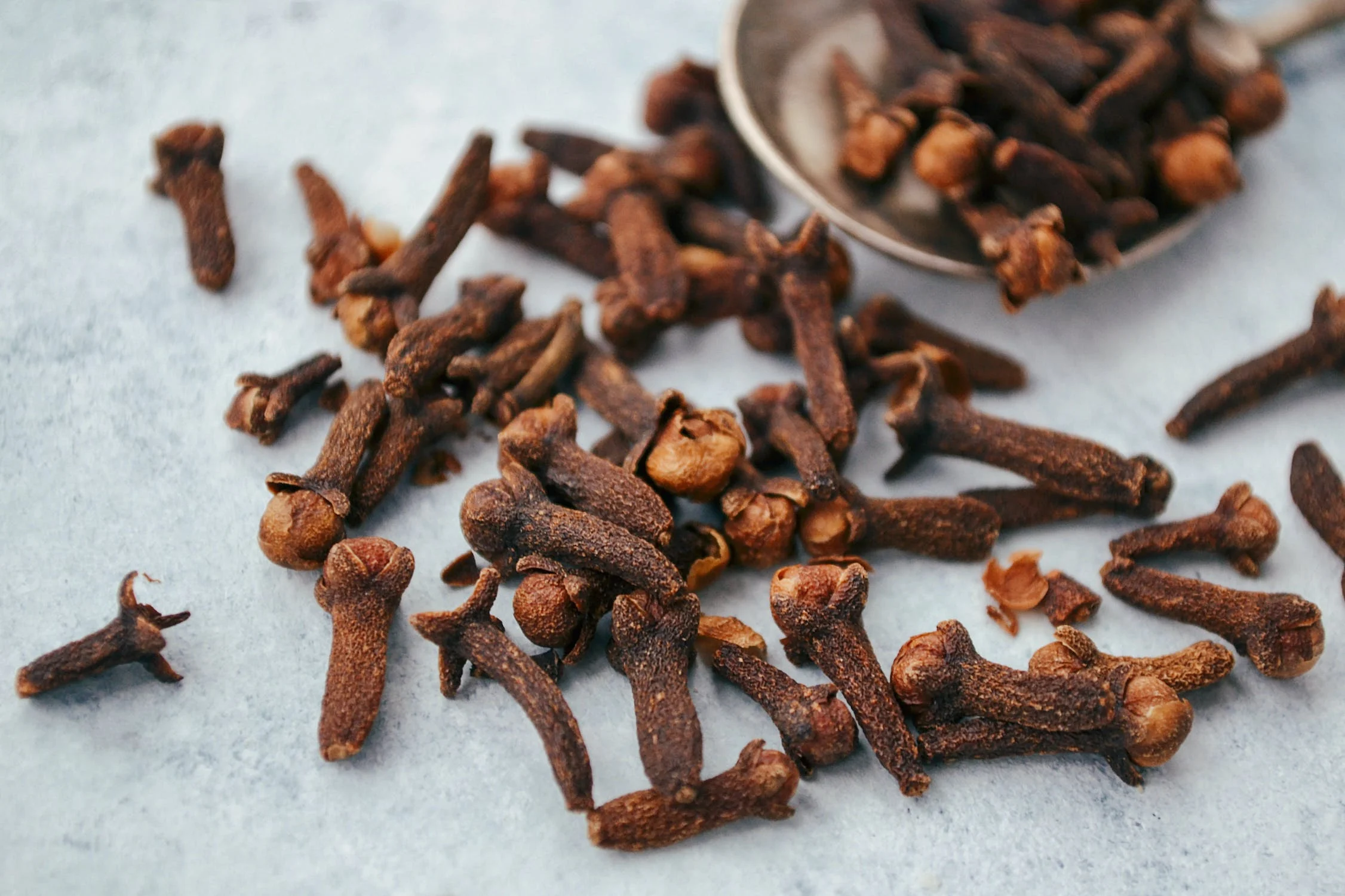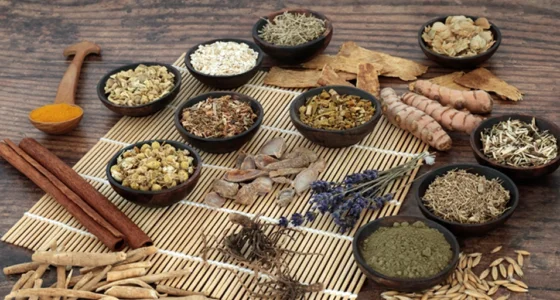Maple syrup is one of the natural sweeteners that have stood the taste of time. Derived from the sap of maple trees, it is celebrated for various reasons, including its rich flavor and nutritional content.
Unlike refined sugars, maple syrup is rich in essential nutrients. No matter your goal when using the syrup, it’s important to look at its nutritional profile, compare it with other sweeteners, and assess its potential health benefits and risks.
This comprehensive review provides everything you need to know about the content of maple syrup and how that can affect your health.
Nutritional Profile of Maple Syrup
Pure maple syrup contains various nutrients, including antioxidants, vitamins, and minerals. It also includes organic acids and phenolic compounds, contributing to its health benefits.
Key Vitamins
Maple syrup contains the following vitamins:
- Vitamin B2 (riboflavin): Helps convert food into energy and supports healthy skin, eyes, and nervous system.
- Vitamin B5 (pantothenic acid): Facilitates the synthesis of coenzyme A, essential for fatty acid metabolisms.
- Vitamin B6 (pyridoxine): Aids in producing red blood cells, metabolism of amino acid, and neurotransmitter synthesis.
- Niacin (Vitamin B3): Plays a vital role in DNA repair and conversion of nutrients to energy.
- Biotin (Vitamin B7: Boosts skin, hair, and metabolism health.
- Folic acid: Essential for DNA repair and synthesis. Folic acid is crucial during pregnancy as it supports fetal development.
Besides vitamins, the syrup provides minerals crucial for various body functions.
These include:
- Zinc: A major player in DNA synthesis, cell growth, and repair of damaged tissues.
- Manganese: Facilitates the formation of connective tissues, aids in blood clotting, and promotes bone health.
- Calcium: The body needs calcium for muscle movements and a healthy skeletal and nervous system.
- Copper: Supports the production of red blood cells, iron absorption in the body, and maintaining a healthy immune system.
- Potassium: Vital for the maintenance of normal levels of fluid inside our cells.
Caloric and Sugar Content
100 grams of maple syrup, according to Maple Syrup World, contains:
- 252 calories
- 0.1g fat (saturated fat 0g)
- Cholesterol, 0 g
- Sodium 12 mg
- Potassium 200 mg (6% of DV)
- Total carbohydrates, 66 g (22% DV)
- 66g of granulated sugar
- Protein 0 g
- Calcium, 70 mg (7% DV)
- Magnesium, 20g (5% of DV)
- Phenolic compound, 1mg
Health Benefits

You want to look at the health benefits of maple syrup if you are a fan of the syrup. However, keep in mind that you can only enjoy these benefits as long as you use the product sparingly.
1. Anti-inflammatory Properties
Maple syrup contains antioxidants, which have anti-inflammatory effects. Sweet maple liquid contains quebecol molecules, which can reduce inflammation.
Anti-inflammatory substances often work to keep chronic inflammatory diseases at bay. According to the Cleveland Clinic, these may include diseases such as rheumatoid arthritis, cardiovascular disease, psoriasis, asthma, diabetes, and even atherosclerosis.
Polyphenols are known to complement and support the functioning of other antioxidant vitamins and enzymes. They act as a defense mechanism against oxidative stress from excess reactive oxygen species (ROS).
2. Cancer Prevention Potential
The antioxidants in maple syrup can also protect the body cells, preventing DNA damage and mutation and reducing the risk of cancer.
Darker syrups, for instance, have been positively associated with inhibiting the growth of cancer cells.
A review on the antioxidant effects of polyphenolic compounds published in Sage Journals shows that polyphenols have the potential to cure cancer by preventing oxidative stress injury and hindering the binding of cytokines to cancer cells.
3. Skin Health Improvement
Maple syrup also has impressive effects on the skin. It’s no wonder it’s the top-to-go option for most Americans.
According to Euphoria Nutrition, the unique composition of maple syrup could lower skin inflammation. Consuming the remarkable compound ( polyphenols and antioxidants) can suppress inflammatory processes in body cells, leading to healthier, balanced skin.
In another study conducted by the University of Rhode Island on the medicinal and cosmetic application of maple syrup, it was found that compounds in red maple leaf extract can lower skin pigmentation and reduce melanin production, significantly lowering the risk of skin cancer.
Using maple syrup can reduce skin inflammation and hydrate the skin, improving overall skin health and appearance.
4. Immune System Support
The immune system is a significant determinant of overall health. This means that getting the most nutrients from your foods is essential.
In reviewing the role of minerals in the functioning of the immune system, Weyh and colleagues found that a deficiency in magnesium, iron, zinc, selenium, and copper can temporarily lower immune competence, disrupting systemic inflammation regulation.
Minerals such as zinc and manganese found in maple syrup play a critical role in maintaining strong immune function, helping the body fight off illnesses.
5. Digestive Health Benefits
Since it’s a natural sweetener, maple syrup is a healthier alternative to processed sugars known to cause digestive problems.
A review by Harvard Medical School shows that sugar is a stimulant, as it causes the gut to produce water and electrolytes, loosening bowel movements. This means that ingesting a lot of refined sugars may cause diarrhea.
Moreover, according to the International Foundation for Gastrointestinal Disorders, most foods containing carbohydrates have sugars that may stimulate the body’s production of more gas.
While not the safest option for avoiding gut problems, maple syrup can support a healthier gut when used in moderation.
Potential Risks and Considerations Of Maple Syrup
Maple syrup is naturally sweet, which may trigger you to use more and more of it. Because it has high sugar content, the risks for increased blood sugar levels increase with higher intake levels.
Higher sugar levels in the blood can result in lifestyle diseases such as obesity and type 2 diabetes, which interferes with insulin regulation in the body.
In addition, overconsuming maple syrup can cause dental cavities and related problems. According to Dental Choice, any sugar, regardless of the form, can impact the mouth, including the gum and teeth.
Individuals with sugar sensitivities or on restricted diets are usually advised to use maple syrup sparingly. Importantly, differentiating between pure maple syrup and maple-flavored syrups containing additives and refined sugars can reduce your risk of developing unnecessary diseases.
Bottom Line: Maple Syrup Has Varying Effects on the Body
Maple syrup offers immense benefits in the form of vitamins and minerals. It provides not only antioxidant activity but can also boost the immune and digestive systems. However, you can only experience the full benefits if you take pure maple syrup in moderation.
Like other natural sweeteners, maple syrup cannot be objectively labeled as safe and healthy. This is because it’s also very high in sugar, which can be a potential risk factor for different diseases.
So, pay attention to the quantity and quality of the maple syrup you add to your food to avoid potential side effects.
- Top 10 Weight Loss Myths Debunked - August 15, 2024
- Beef and Vegetable Stew - May 8, 2024
- 5 Minute Smoothie Recipe: A Must Try Smoothie - May 2, 2024








7 comments
Your article helped me a lot, is there any more related content? Thanks!
Thanks for sharing. I read many of your blog posts, cool, your blog is very good.
Your point of view caught my eye and was very interesting. Thanks. I have a question for you.
I don’t think the title of your article matches the content lol. Just kidding, mainly because I had some doubts after reading the article.
I wanted to thank you for this great read!! I definitely enjoying every little bit of it I have you bookmarked to check out new stuff you post…
I don’t think the title of your article matches the content lol. Just kidding, mainly because I had some doubts after reading the article.
I wanted to thank you for this great read!! I definitely enjoying every little bit of it I have you bookmarked to check out new stuff you post…